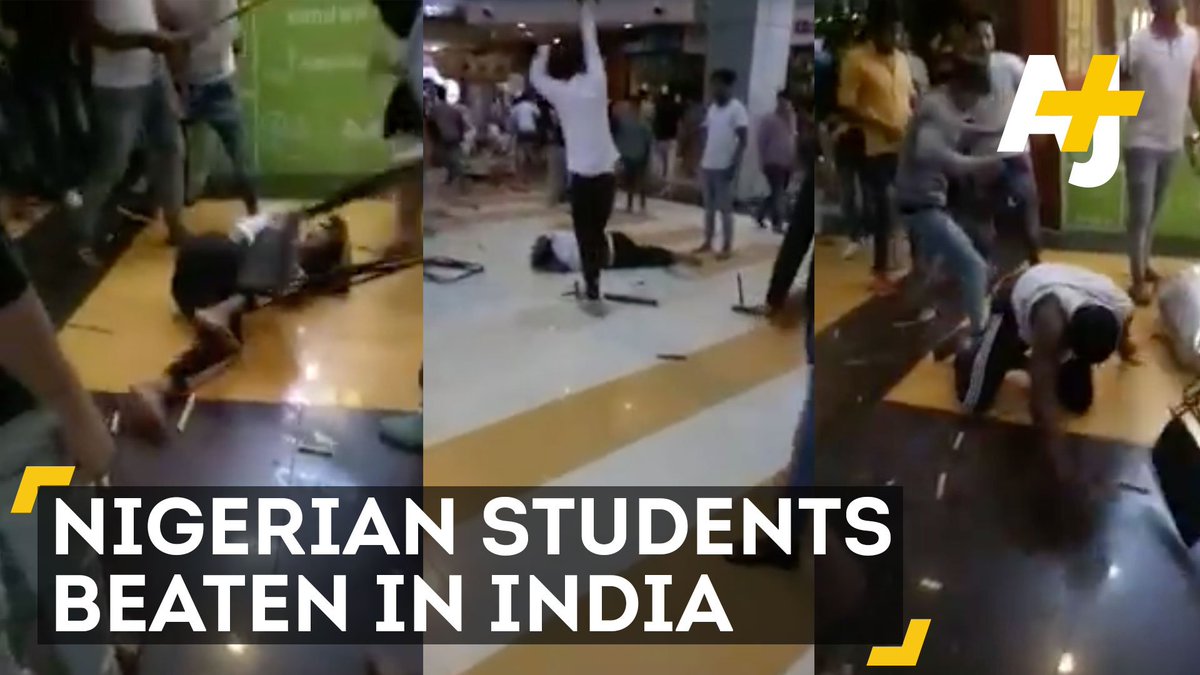| Nigerian pilot, Ademola “Lola” Odujinrin, |
A Nigerian pilot, Ademola “Lola” Odujinrin, who works for Air Djibouti has become the first African pilot in history to fly solo around the world.
Odujinrin completed the final leg of his historic journey Wednesday afternoon, landing safely at Washington Dulles International Airport.
The flight is part of Project Transcend, a foundation which aims to inspire young people to achieve their goals, regardless of their personal circumstances.
Ademilola said after the historic feat, “Ever since I was a child, I dreamed of one day flying around the world. We have a responsibility to lead by example and follow our dreams. I want African children to think: ‘I can do this too!’
“I would like to extend my sincere gratitude to Air Djibouti’s Chairman, Aboubaker Omar Hadi, and Cardiff Aviation’s Chairman, Bruce Dickinson, who have supported me throughout this journey. Without them, this would not have been possible.”
Other distinguished guests included the CEO Africa World Press, which plans to publish a book on the journey.
The Nigerian has logged over 4,000 hours as a commercial Boeing 737 pilot since earning his pilot licence six years ago.
The Chairman of Air Djibouti, Aboubaker Omar Hadi, said, “By supporting initiatives like Lola’s flight around the world, Air Djibouti hopes to inspire a new generation of pilots in Africa and help to pave the way for the aviation industry to thrive in the region.
“With the commencement of the Single African Air Transport Market set for June 2017, air travel in the continent is positioned to grow rapidly and become a key contributor to the region’s economic and social development.”
Congrats to him. What do you think?




















